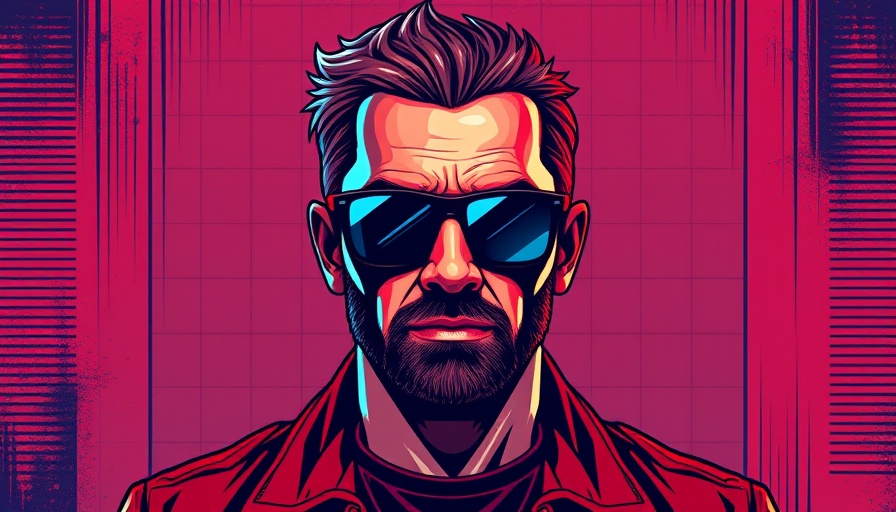
Breaking Down Language Barriers in African Tech
In the vibrant tech landscape of Africa, the potential for innovation is immense, yet many aspiring developers face significant obstacles, particularly language barriers. Martino Yovo, a Togolese developer, has recognized this challenge and is determined to pave the way for Francophone tech enthusiasts. Through his own experiences and groundbreaking initiatives, Yovo aims to democratize tech education for French-speaking Africans.
From Humble Beginnings to a Visionary Leader
Yovo began his journey in Lomé, Togo, where he was intrigued by technology from a young age. With a simple nudge from his brother, he ventured into web development despite the hurdles presented by a lack of resources. His determination and ability to self-learn helped him navigate programming, primarily using English-language materials. However, Yovo explains how these language barriers not only hindered his learning but also made it difficult to connect with the broader global developer community.
The Reality of Language in African Tech Education
In Togo, while English is taught in schools, proficiency remains notably low. Yovo describes how only a handful of students in a classroom of sixty achieve fluency. This language divide amplifies the complexity of learning programming languages, leading to misunderstandings and fatigue among learners. Yovo’s ambition is to create resources that cater specifically to Francophones, bridging this gap and promoting inclusivity in the tech sector.
Empowering the Next Generation Through Technology
As Yovo flourished in his career—currently a product engineer at Esri, the leading developer of geographic information systems—he has been dedicated to giving back to his community. His platform aims to equip aspiring software developers with the skills and tools they need to succeed without the language constraints that he once faced. By fostering this educational framework, Yovo is not just imparting knowledge; he's sparking a wave of innovation across Francophone Africa.
The Future of African Tech: A Global Perspective
Yovo's vision is not just about language; it's about the future of tech in Africa. As sectors like fintech, AI, and digital transformation continue to evolve, ensuring accessibility for all becomes crucial for realizing the continent's potential. As Africa navigates a digital revolution, initiatives like Yovo's can significantly shape the future landscape, creating opportunities and driving economic growth.
Through collaborative efforts and a commitment to education, we can expect to see a significant rise in African startups and tech talents emerging, transforming the narrative around technology in the continent.
 Add Row
Add Row  Add
Add 


Write A Comment